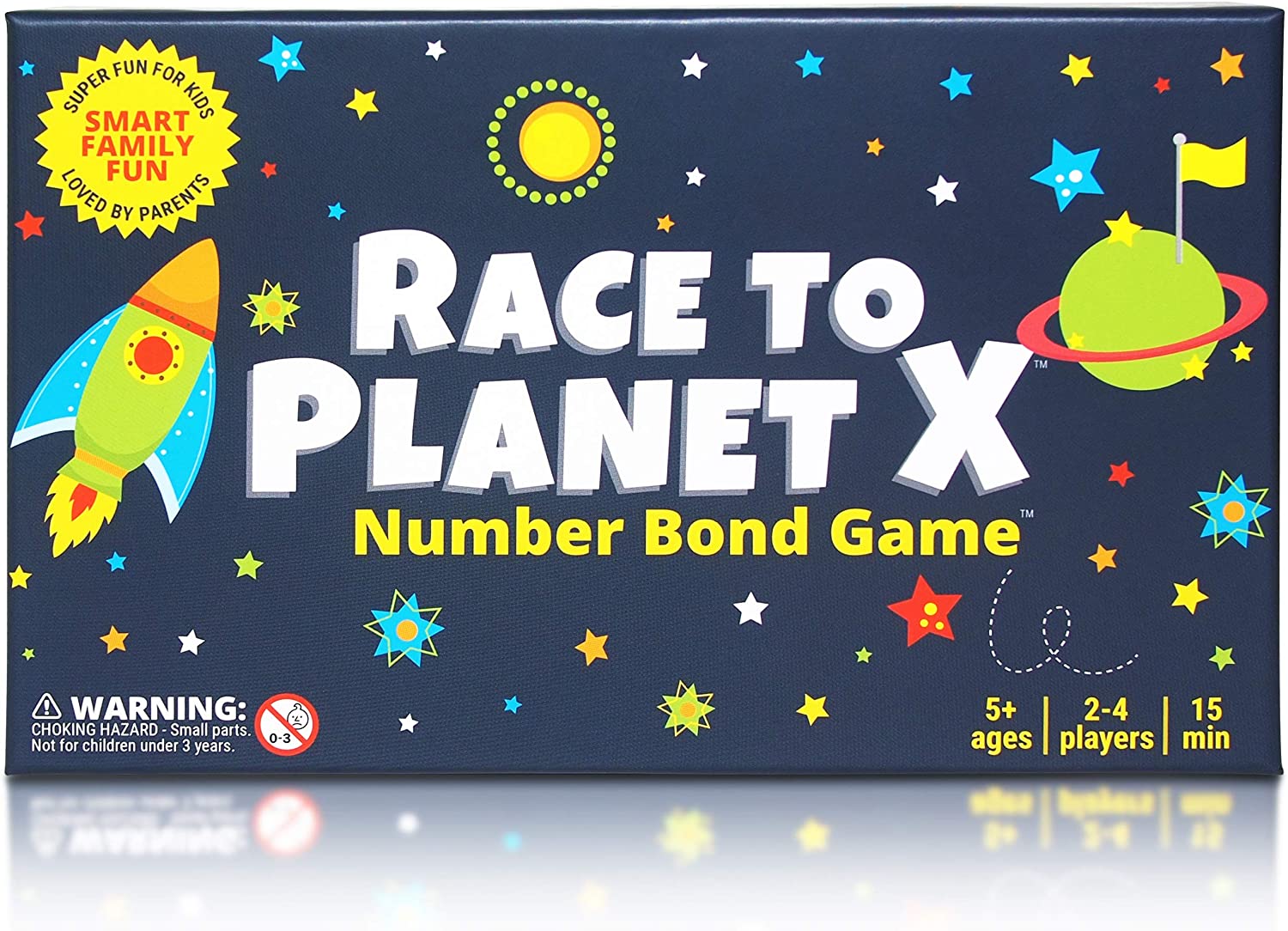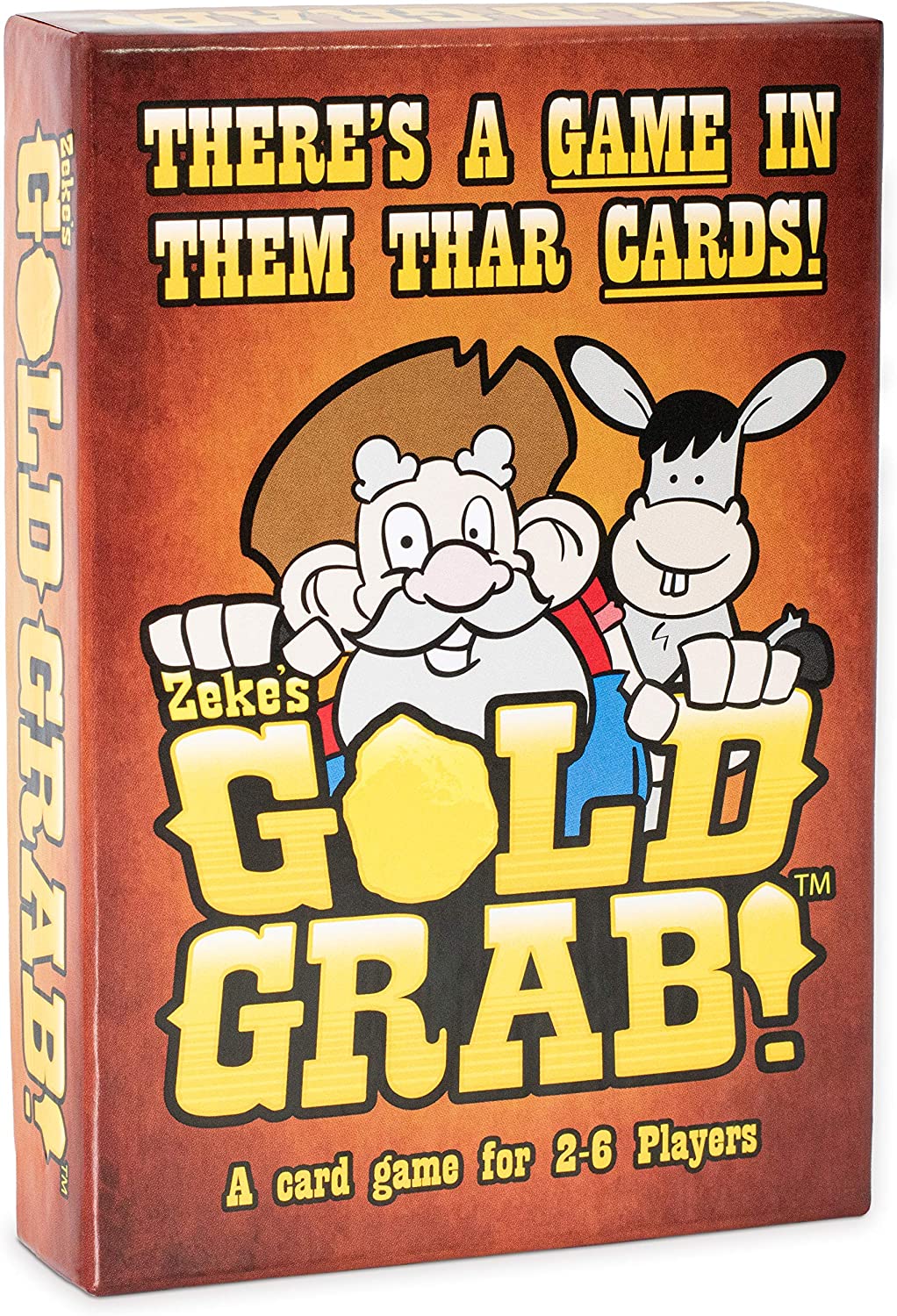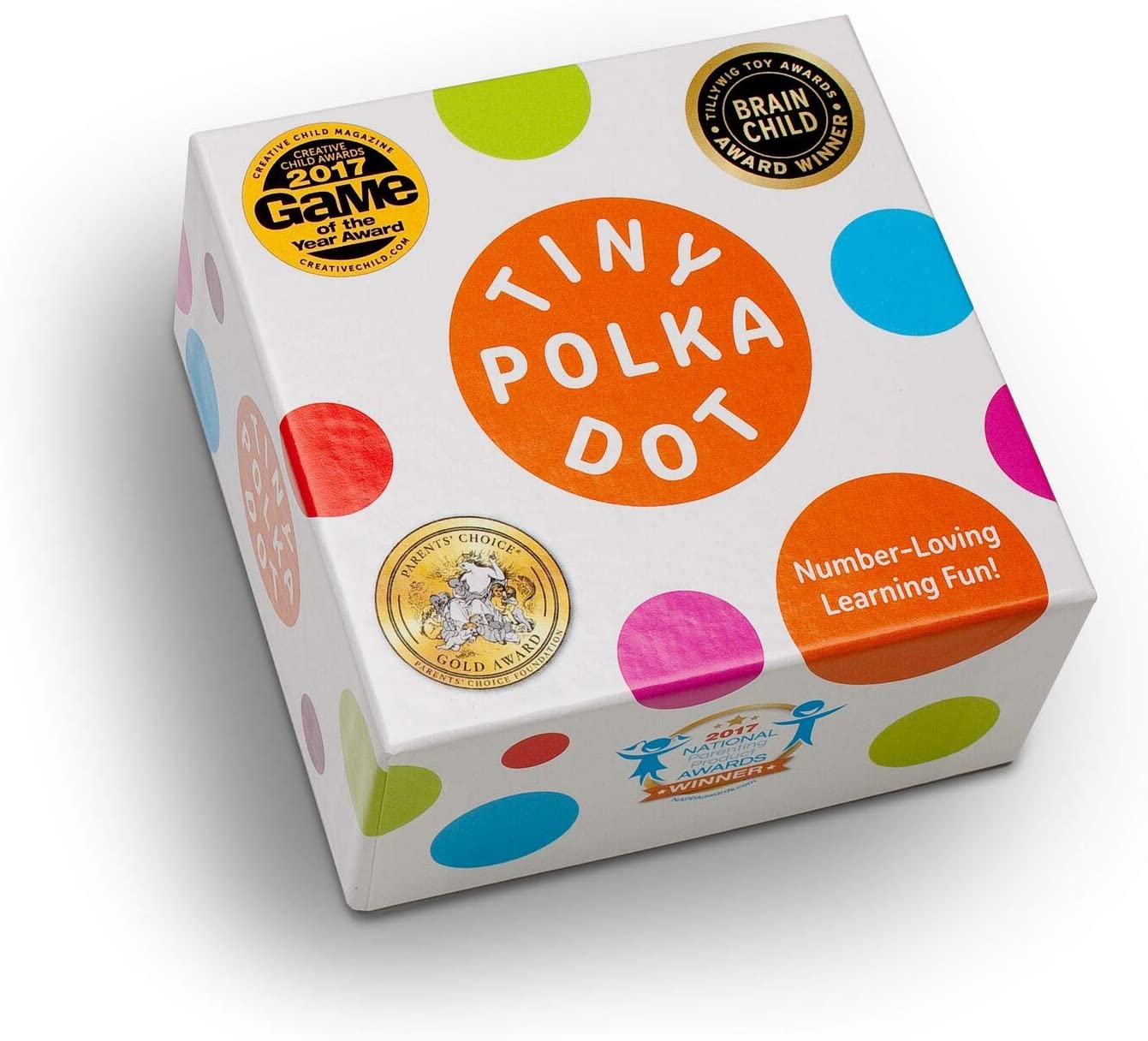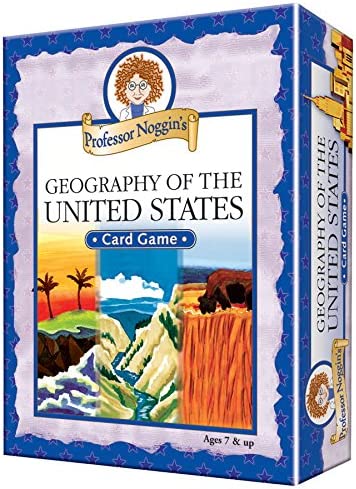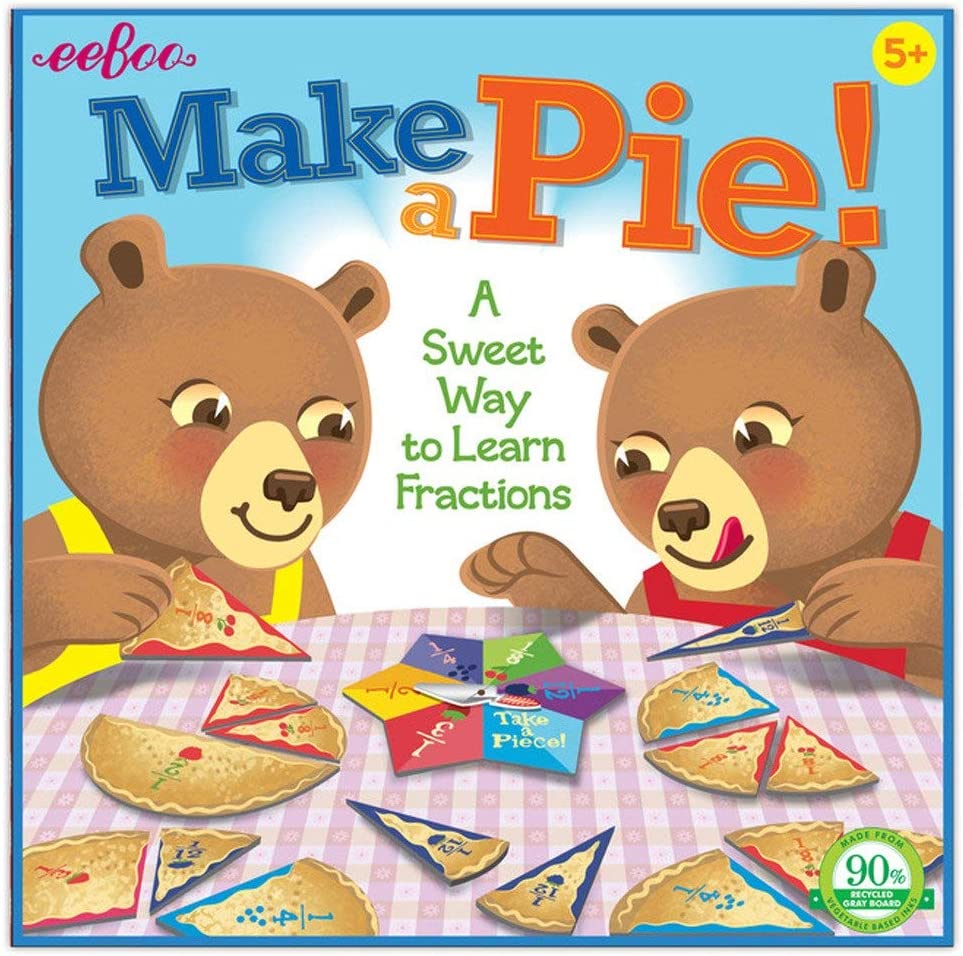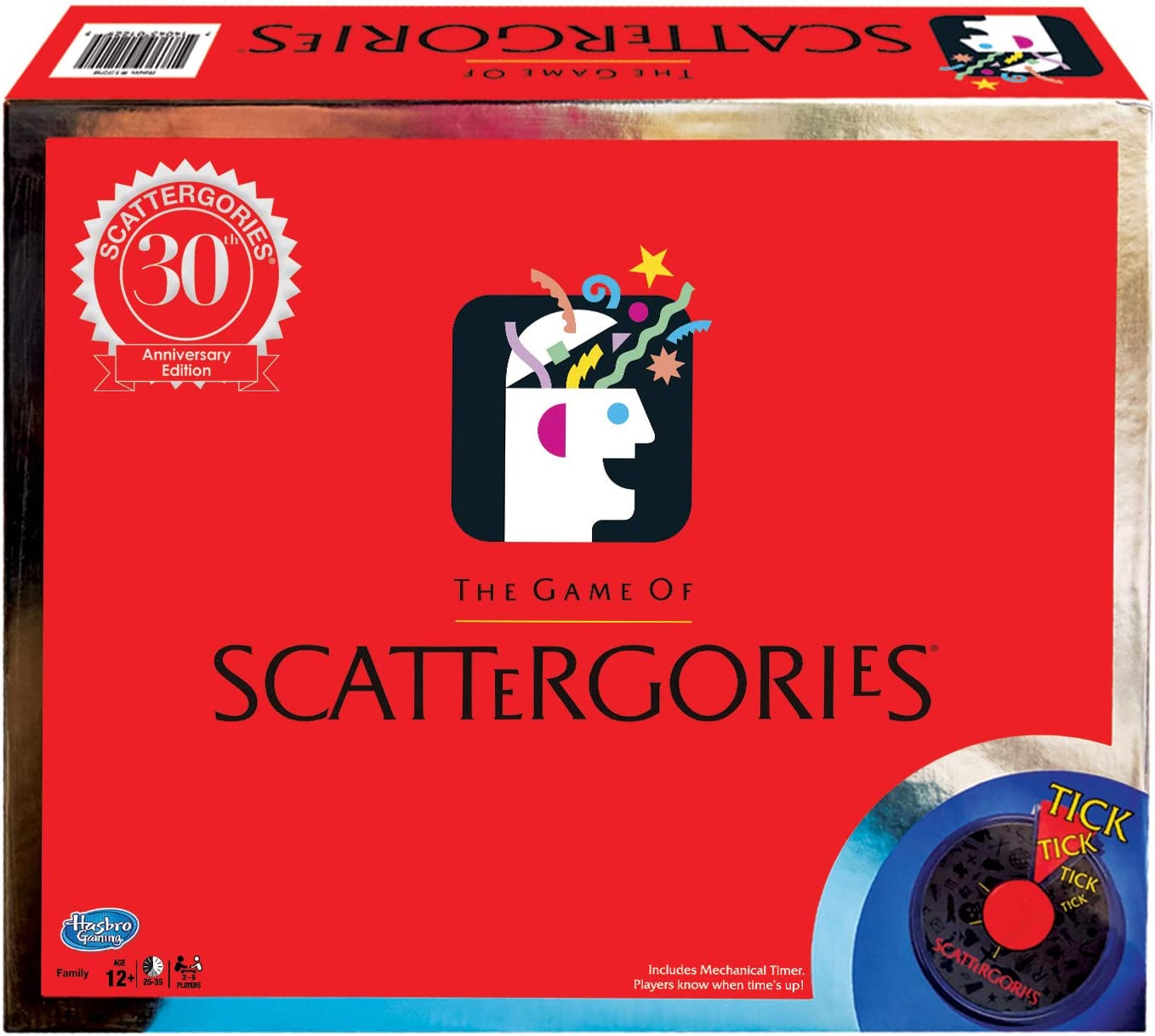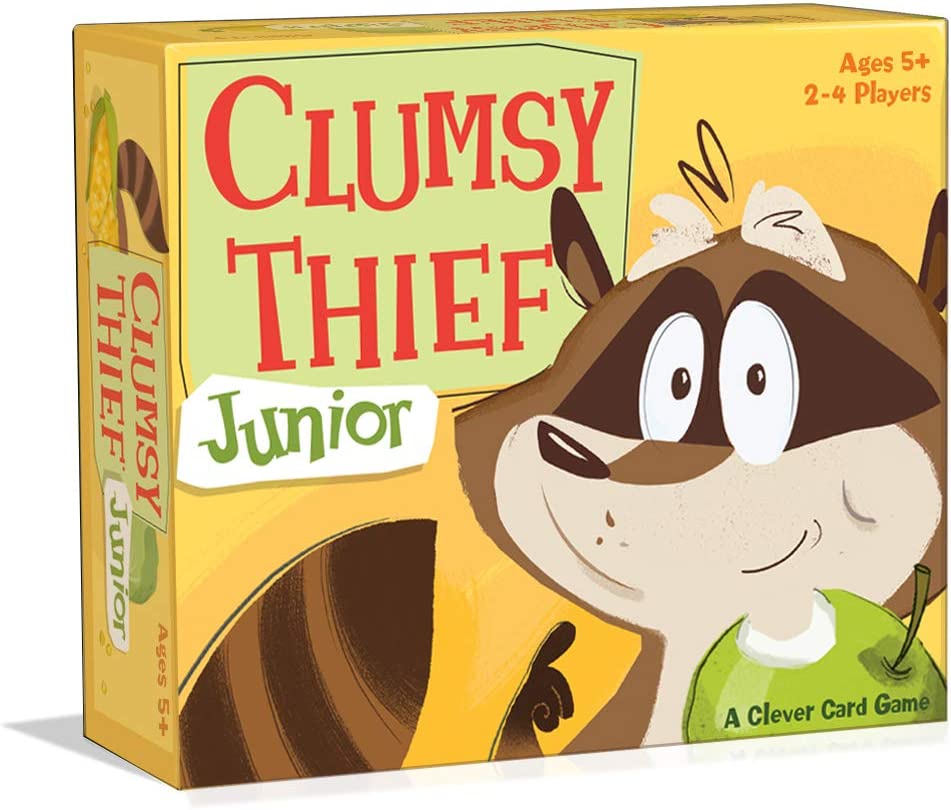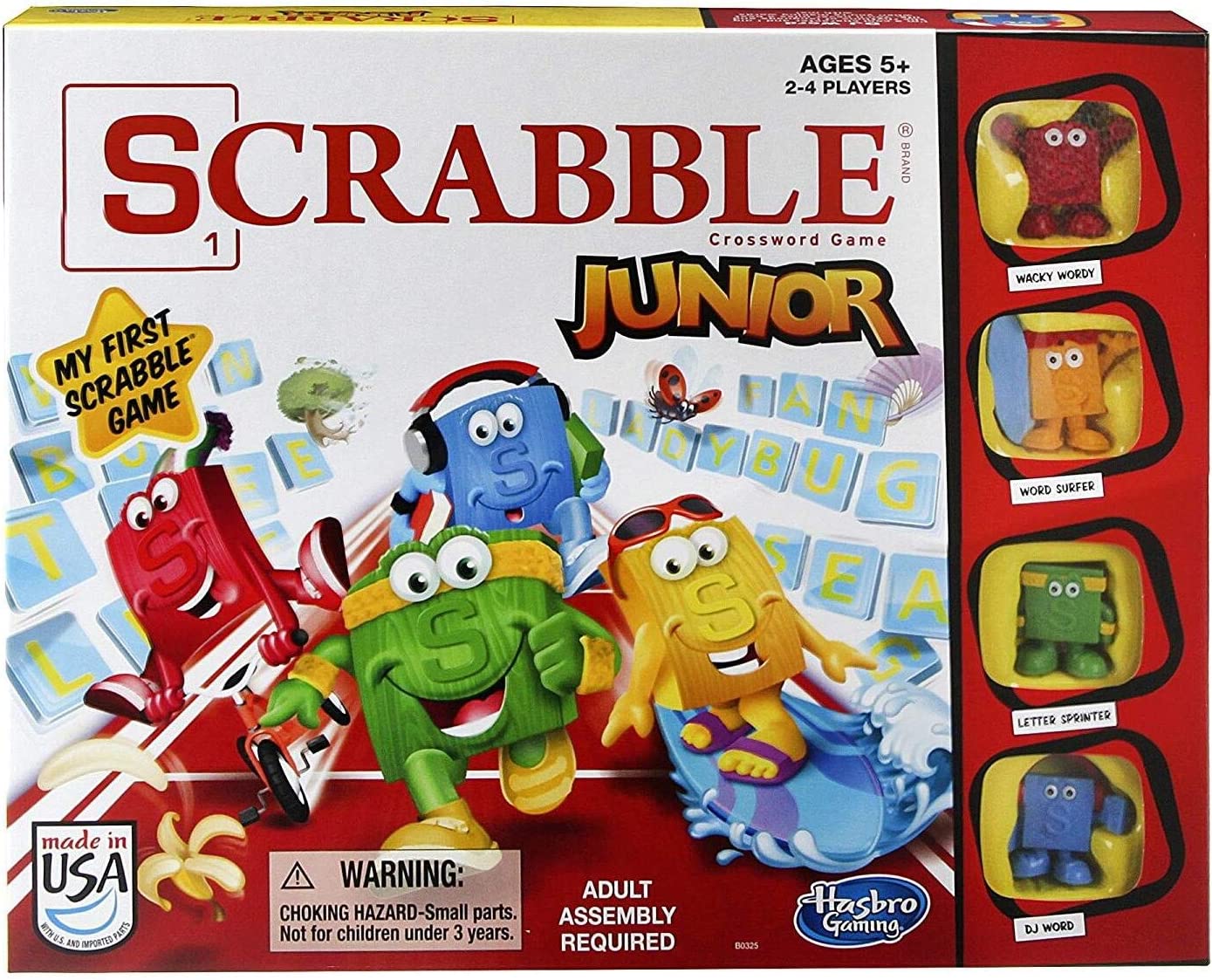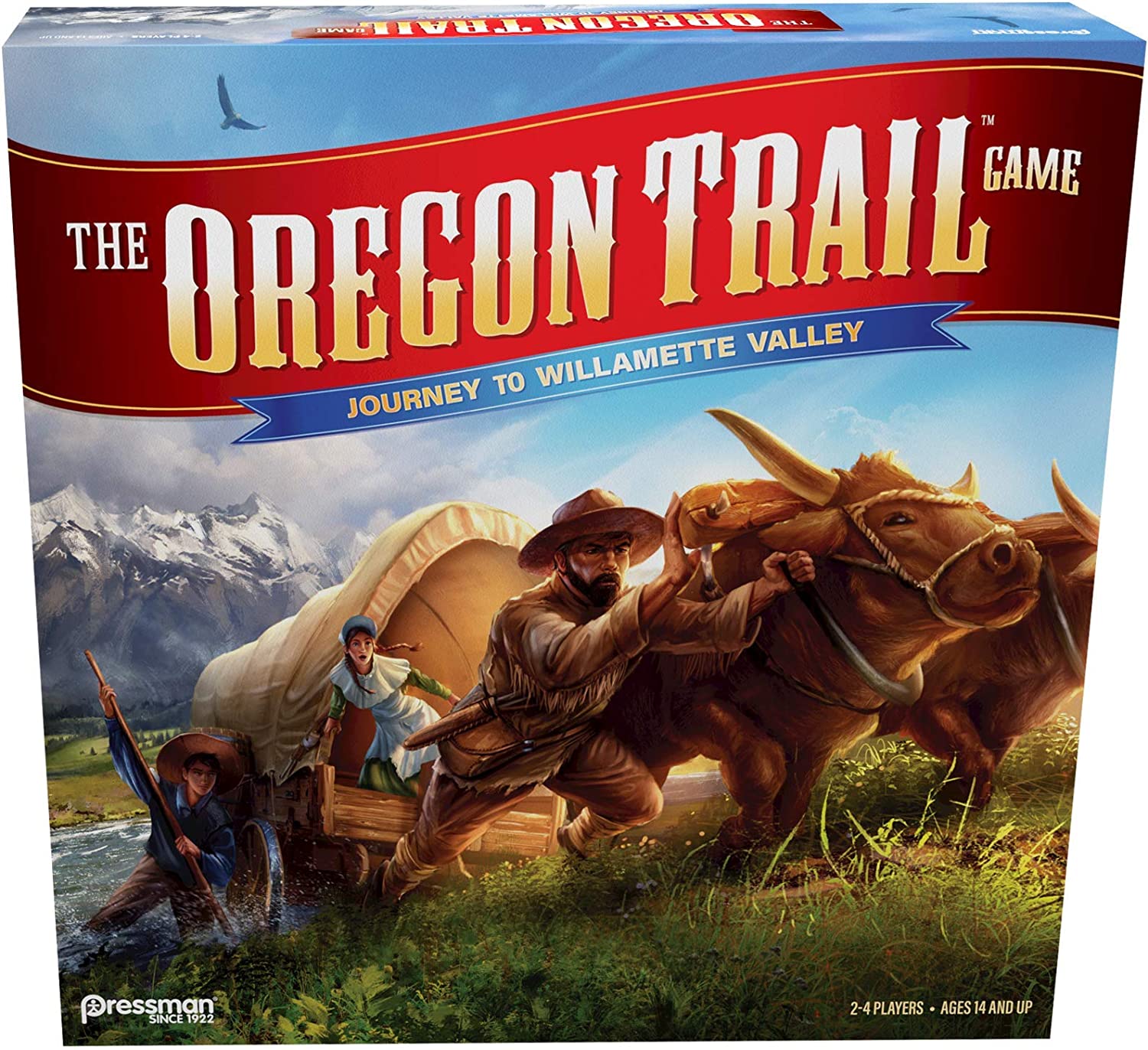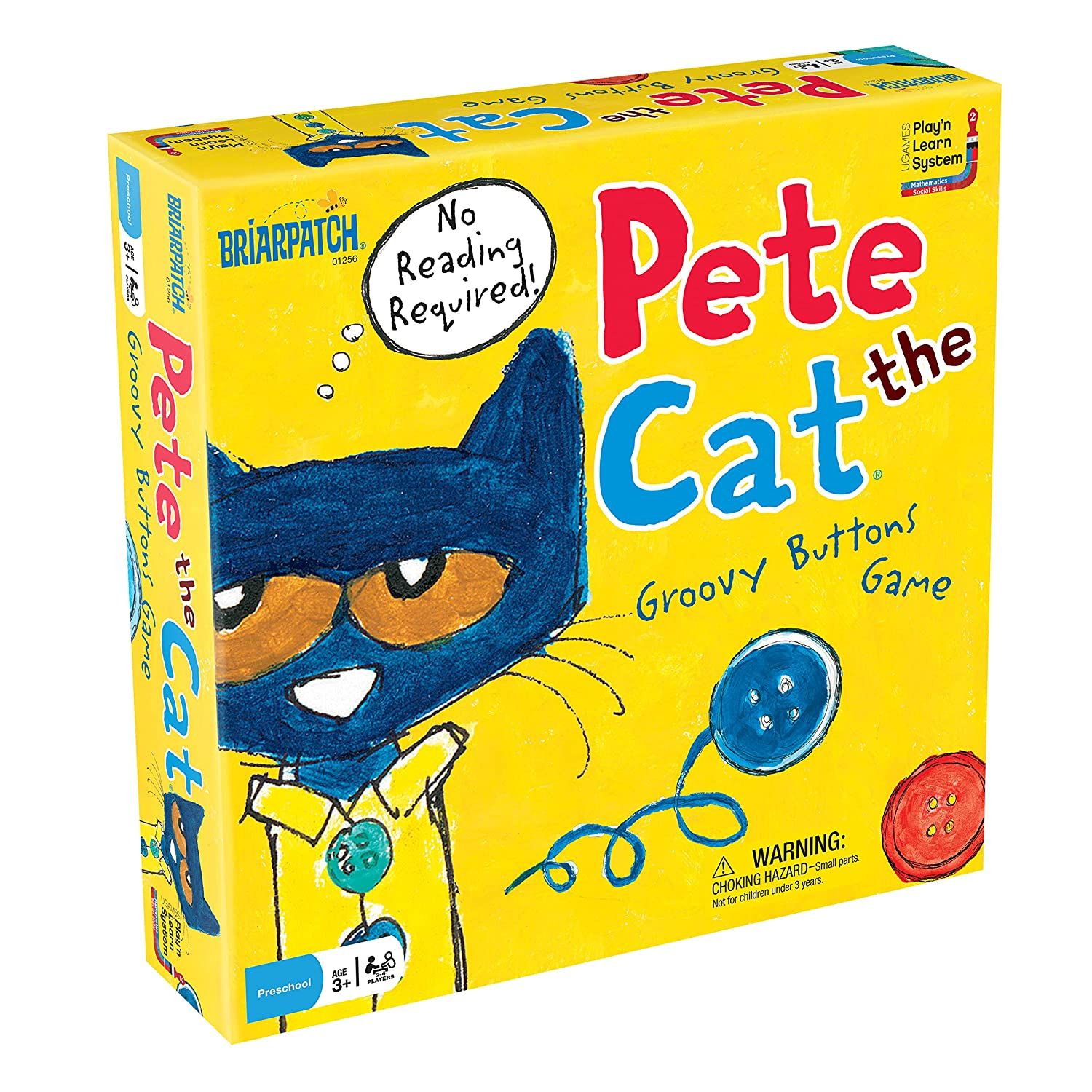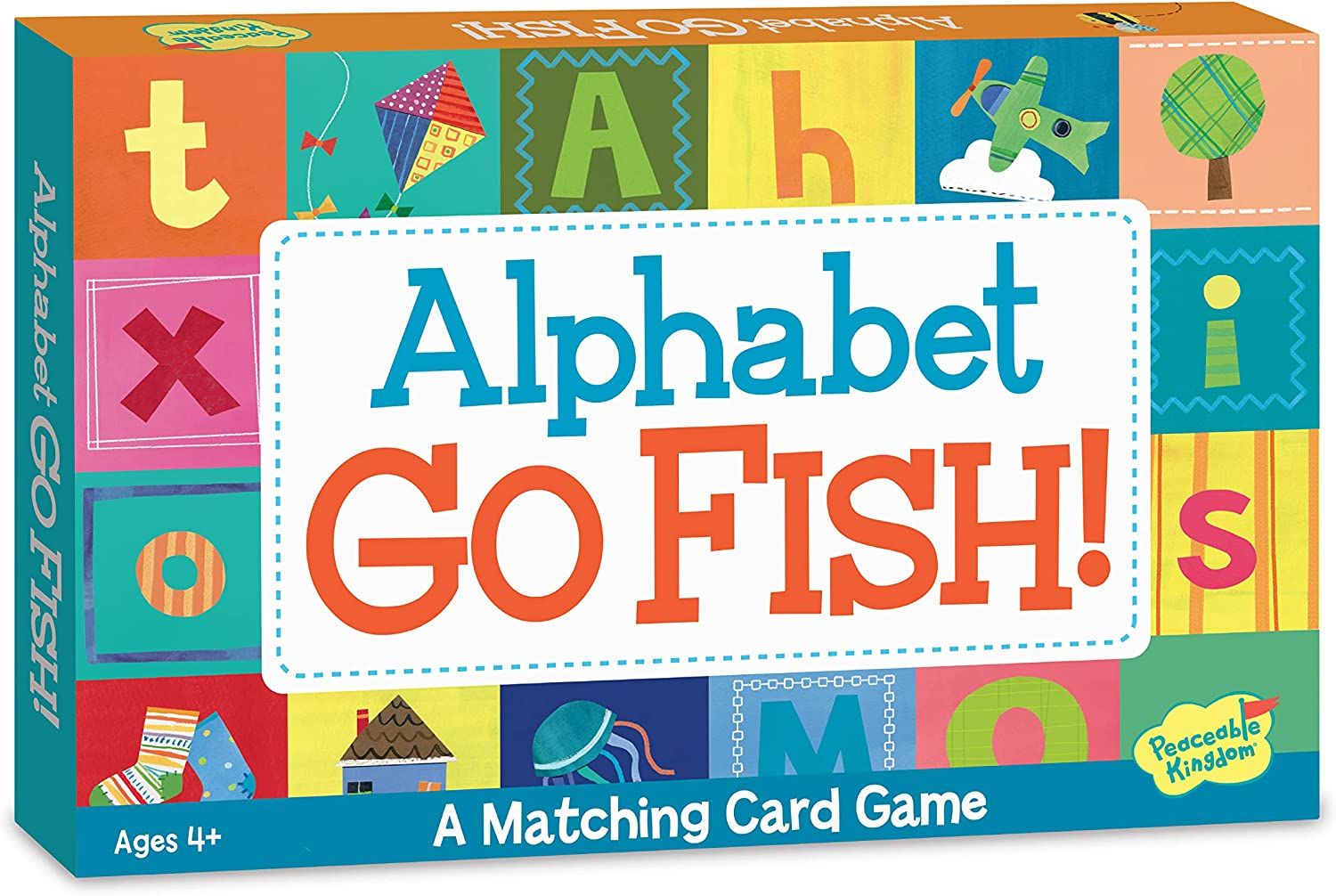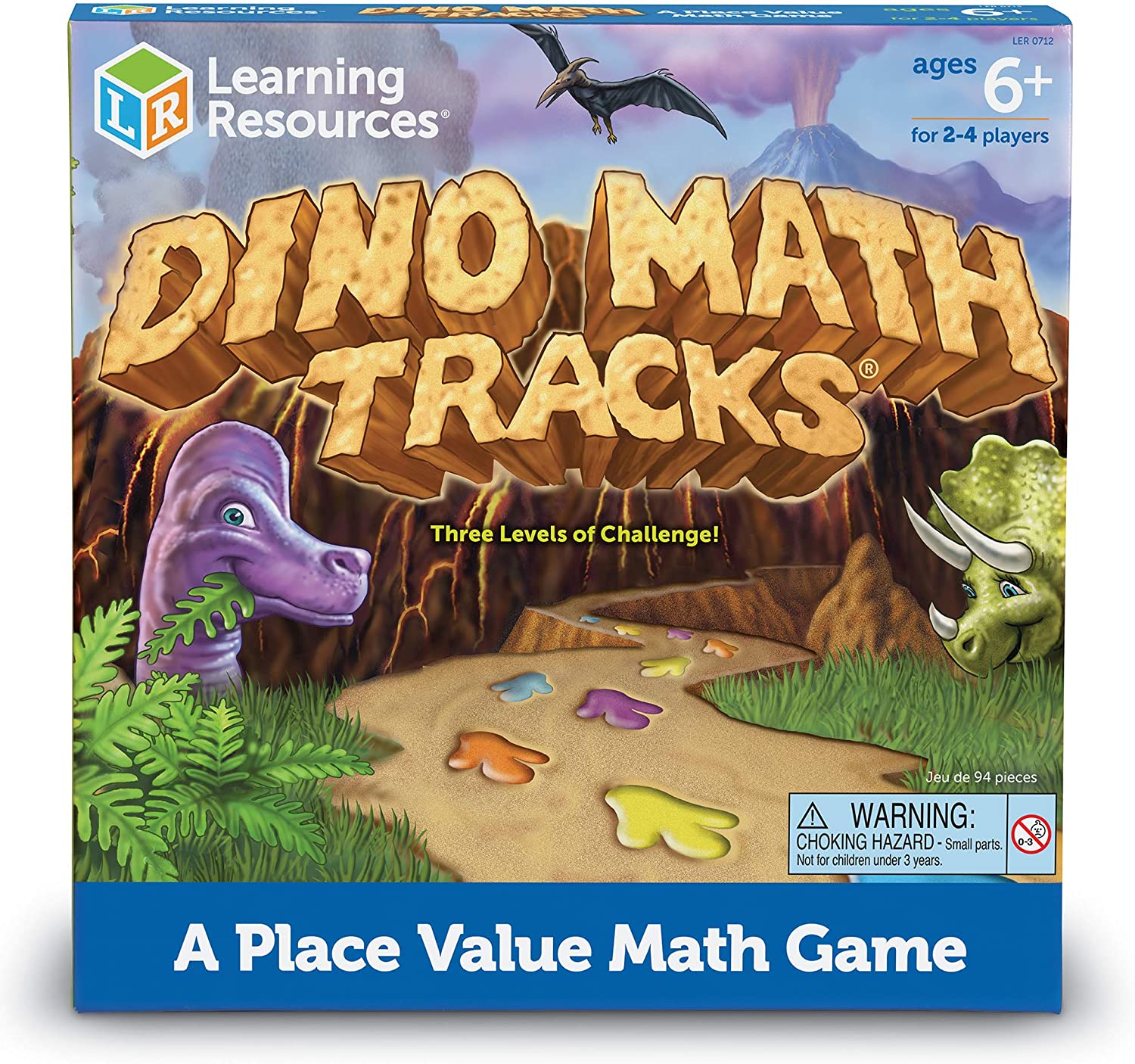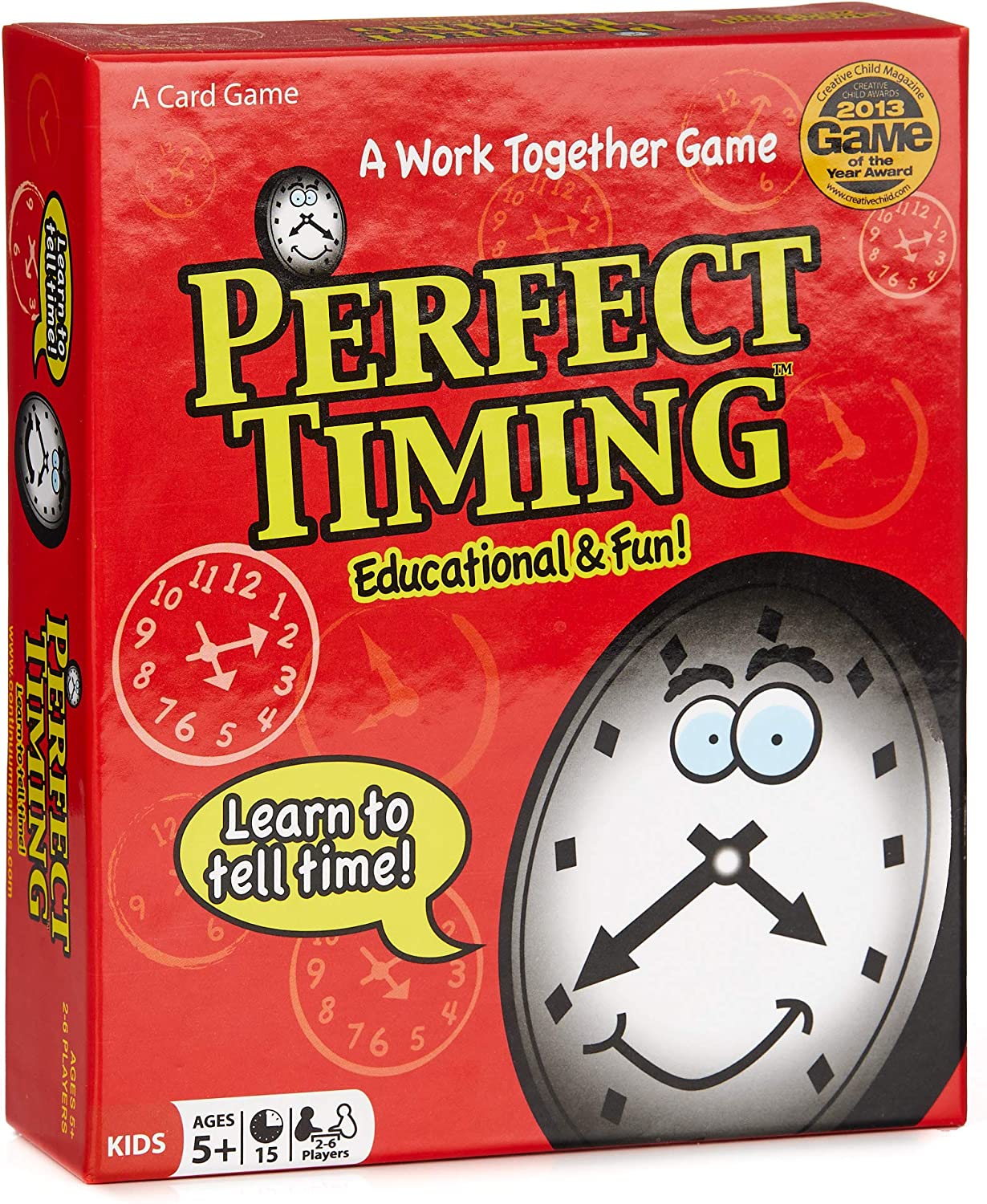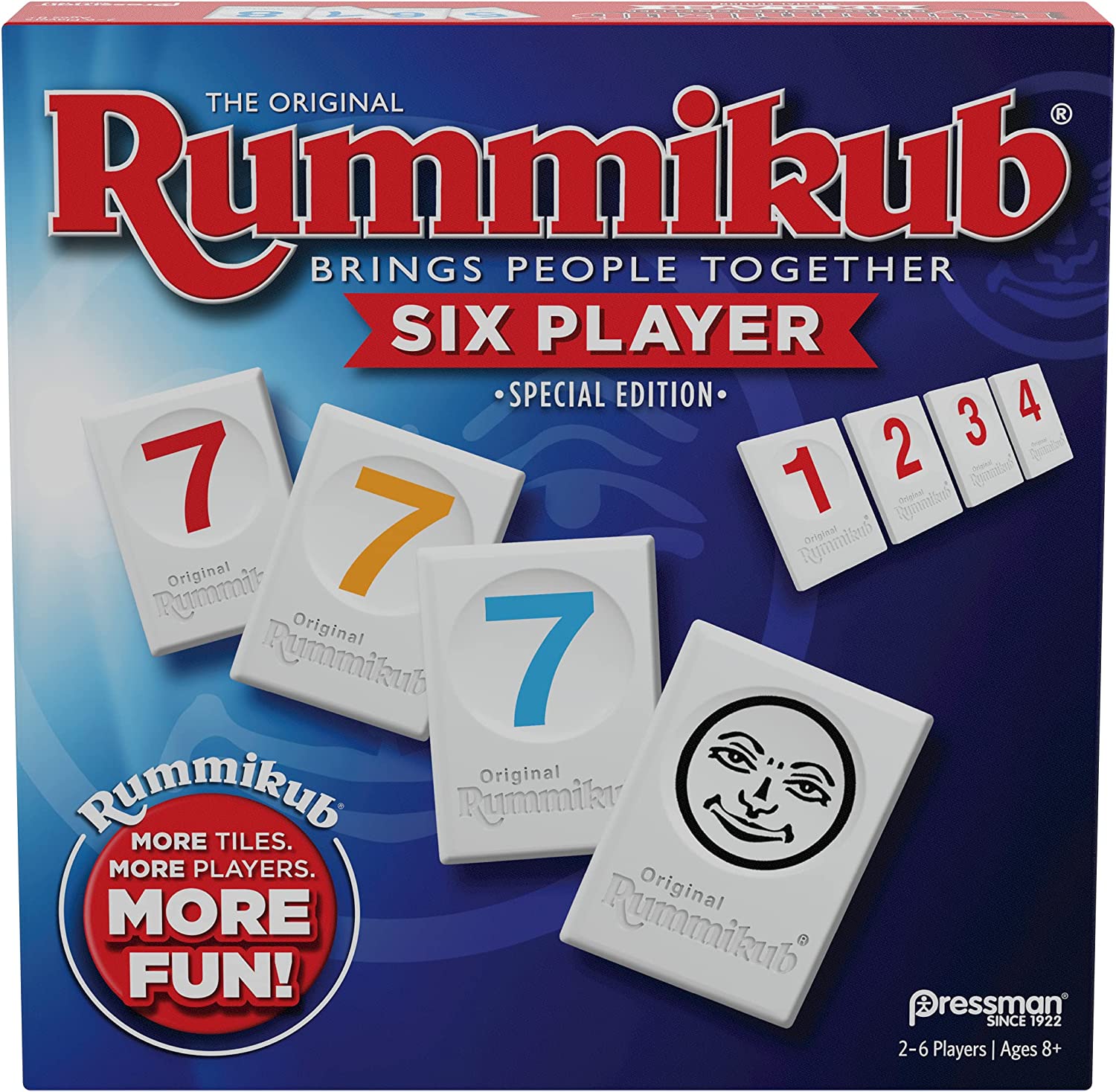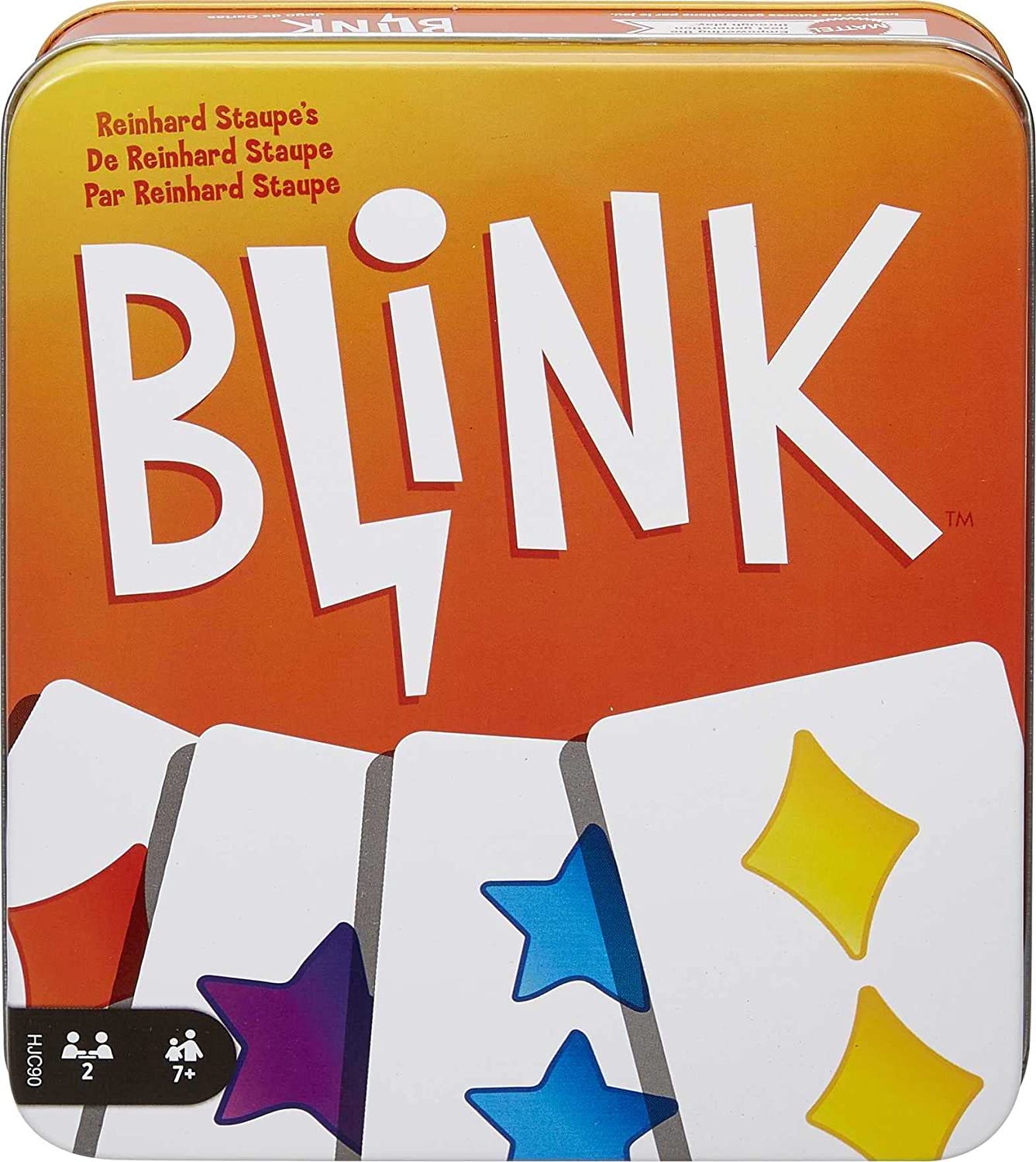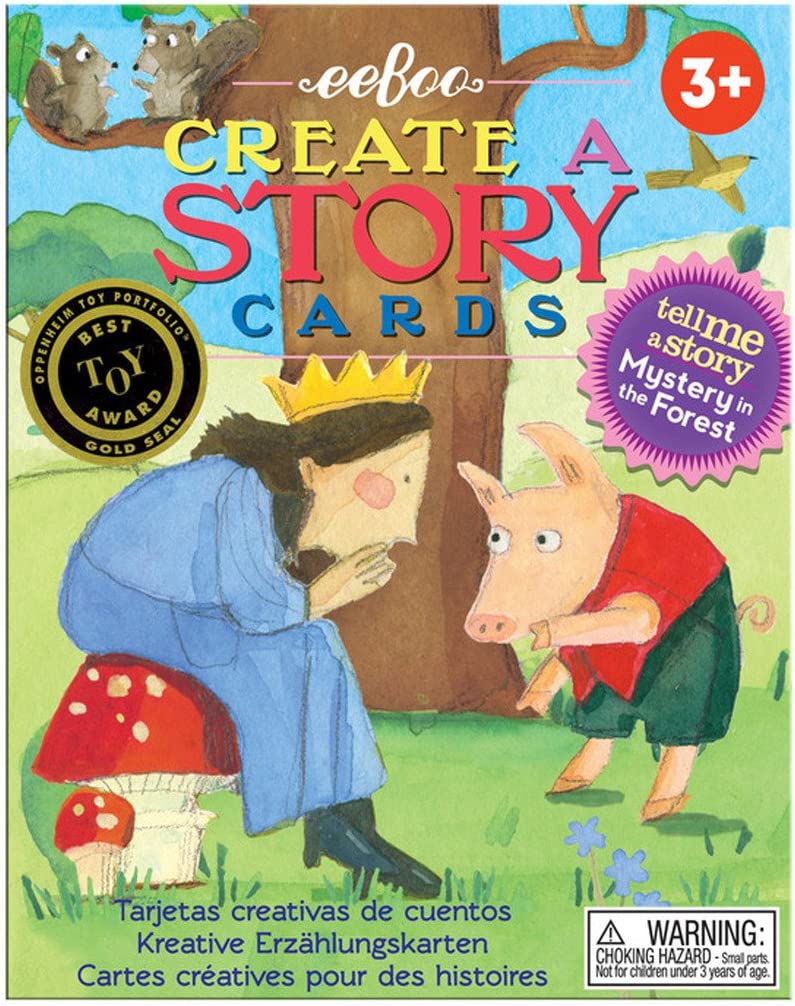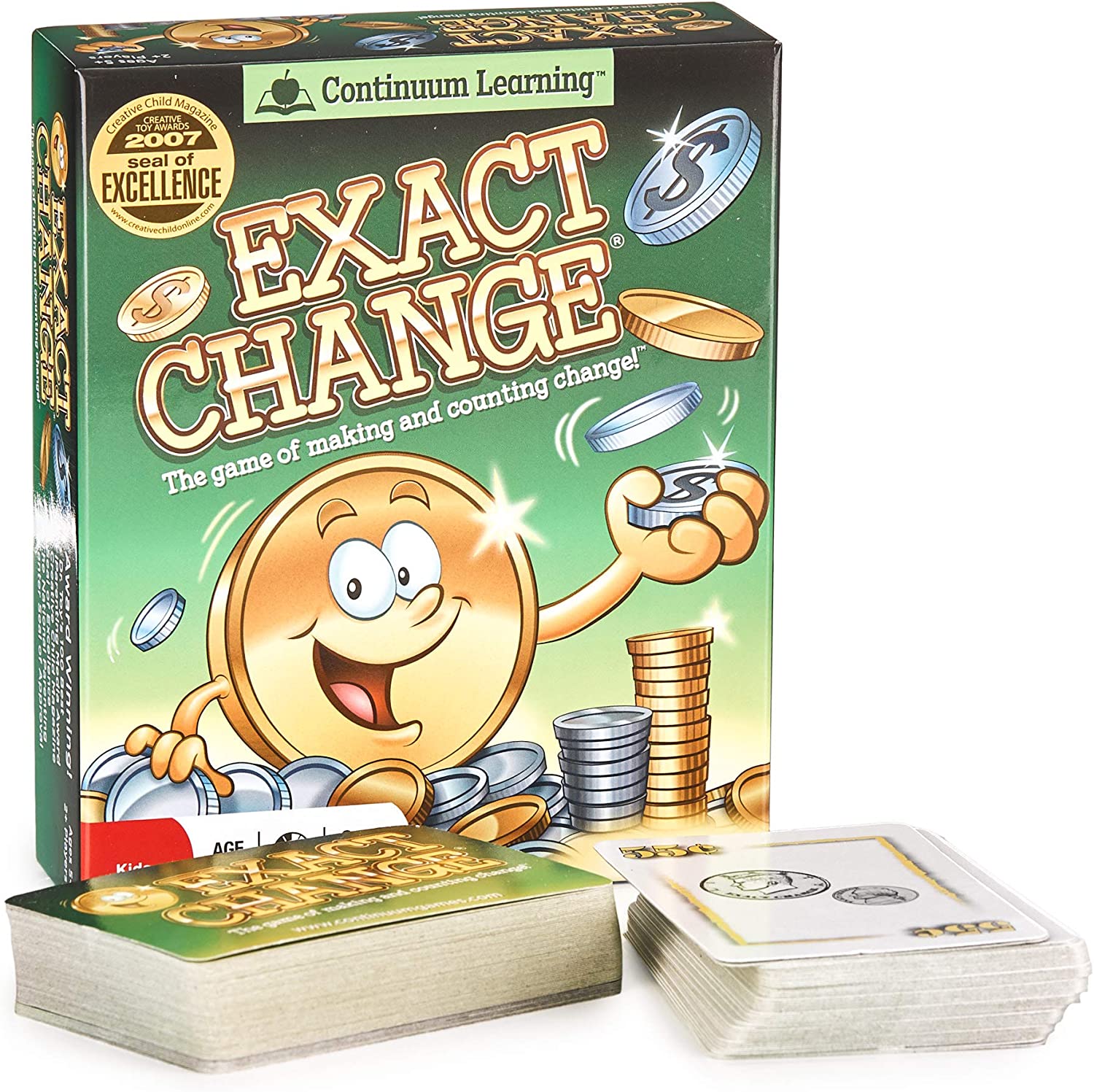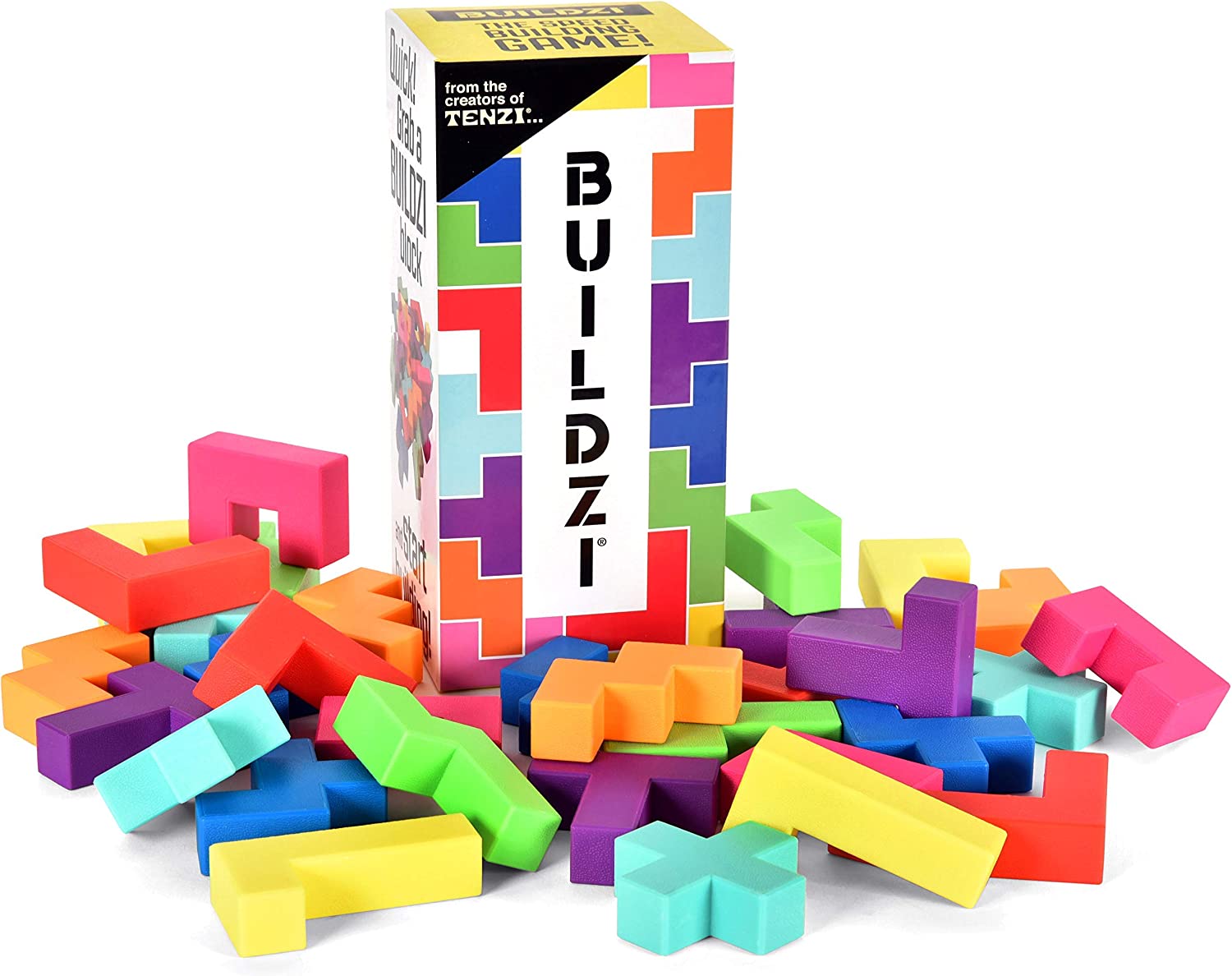Educational Games for The Whole Family
Playing games together as a family or classroom improves interpersonal skills, builds resilience and adaptability, conflict resolution, and critical and strategic thinking. The benefits don't end there! Children learn skills and concepts through play significantly faster than through rote repetition. With all these positives, why NOT add games to your classroom or family time?!
Below you'll find board games and card games for a variety of ages and interests! Whether your interested in gameschooling or finding ways to spend more screen-free family time, we've got a game that will work for you!
The links provided below support our shop and may provide a small commission. As an Amazon Associate, I earn from qualifying purchases.
Preschool Games
We've found preschool games that develop visual discrimination, number recognition, 1:1 correspondence, counting, letter identification and letter sound practice, early literacy, and more!
Math Games
Who says math needs to be boring?! The math games below are full of fun and reinforce fractions, addition, subtraction, telling time, counting, place value, number recognition, and counting money.
Strategy Games
These games will challenge your student or child to exercise their brains as they formulate plans, examine cause-and-effect, predict outcomes, and practice resilience.
Language Games
Verbal language is a natural extension of playing games together. These games will have you and your little ones talking, laughing, asking questions, and making guesses. They'll also be able to learn vocabulary, spelling, letter and letter sound recognition, and formulate storytelling, sequencing skills, and verbal recall.
This space-themed number bond math game is perfect for practicing addition and subtraction from kindergarten and up.
History in your hand for ages 8 and up, this card game brings Gold Fever to your family game night! Twists, turns, and trick cards keep the addition and subtraction coming.
A powerhouse in a little box! Sixteen ways to play for preschool to adult, it varies from simple counting to complex addition and subtraction, memory games, etc.
Professor Noggin's Geography of the United States
The professor who is synonymous with educational gaming, this trivia edition of the excellent series covers U.S. geography and is best for ages 7 and up.
A delicious way to explore and reinforce fractions that can be adapted for preschool and up!
Best for ages 8 and up, this word game will have you racing the clock to test your vocabulary and will produce some interesting results! (For younger players, try working in teams with a grown up.)
A sneaky critter makes this addition-to-10 game full of mischief! Quick to learn for ages 5 and older.
Vocabulary and spelling skills are stretched in this junior version of the well-loved game. A double-sided game board grows with your players, starting at age 5.
Every ‘90’s kid can relive their gameschooling adventures with this nostalgic board game! Ages 14 and up.
This perfect preschool game features every little one’s favorite feline!
The simple preschool game with a literary twist will have your little ones recognizing letters and sounds in a flash!
Prehistoric place value practice in this adaptable game for ages 6 and up.
Family card game for kindergarten up, with tons of practice reading an analog clock and adding and subtracting amounts of time! (Bonus: this game works well for tender hearts since the family works together and no one gets “out”)
A numerical strategy game that’s simple to learn and a great time for the whole family! Based on the original Rummy card game, this one is best for players aged 8+
This simple matching game can be played fast or slow, which means it helps with shape and color recognition for preschoolers or as an edge-of-your-seat race for older players.
These creative pre-literacy cards help develop language and social skills, and work wonderfully for the whole family! Stories can be as elaborate or simple as age allows.
Practice making change and counting money in this family game for ages 5 and up!
If you’re a Tetris or Tangram fan, this game will feel familiar. This one is full of engineering, hand-eye coordination, and strategy. With two difficulty levels, players can start as young as age 5.





